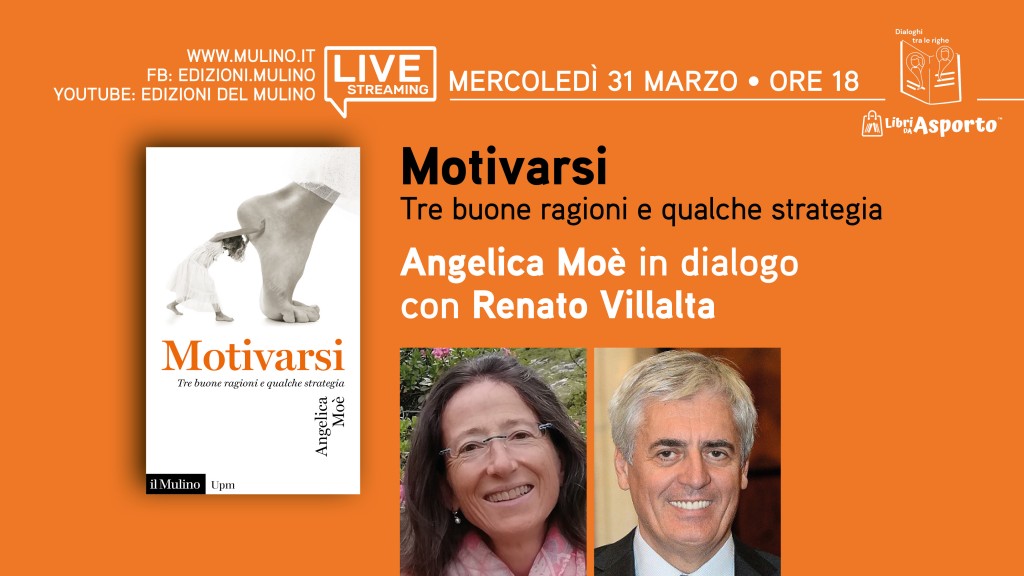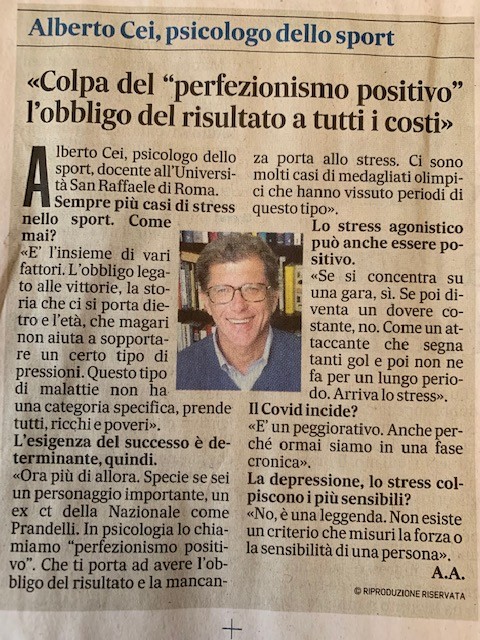The routine prevents a decrease in performance after a break [Warm-Up Decrement, WUD].
This decrement is particularly noticeable in sports where there are short breaks in play, at the end of which athletes must immediately deliver high-level performance.
Ttime-out in team sports:
- Often dictated not only by technical reasons, but by the reason to block a favorable phase of play of the opponents. These breaks determine a reduction in activation, which manifests itself through a temporary loss of that optimal internal condition that allows to provide an effective performance.
- The athlete before resuming the game must readjust his internal system and his attention to the demands of the performance so as to be ready to respond again.
The best warm-up is one that encompasses the critical elements of the performance to be performed.
Indicated in preparation for performing closed skills where a high degree of environmental stability is present and the athlete can carefully prepare to select the response and execute it.
It has been shown that experienced athletes, compared to subjects of lower levels, devote more time to the routine
Athletes who have participated in the Olympics:
- in wrestling, athletes who have won a medal systematically implement specific pre-race routines for the duration of the Olympic tournament, while those in the same U.S. team with inferior results used it much less continuously (they did not perform it before matches they considered easy or undemanding)
- in swimmers, their routines are divided into two parts, the first dedicated to the race plan and the second to its implementation.







